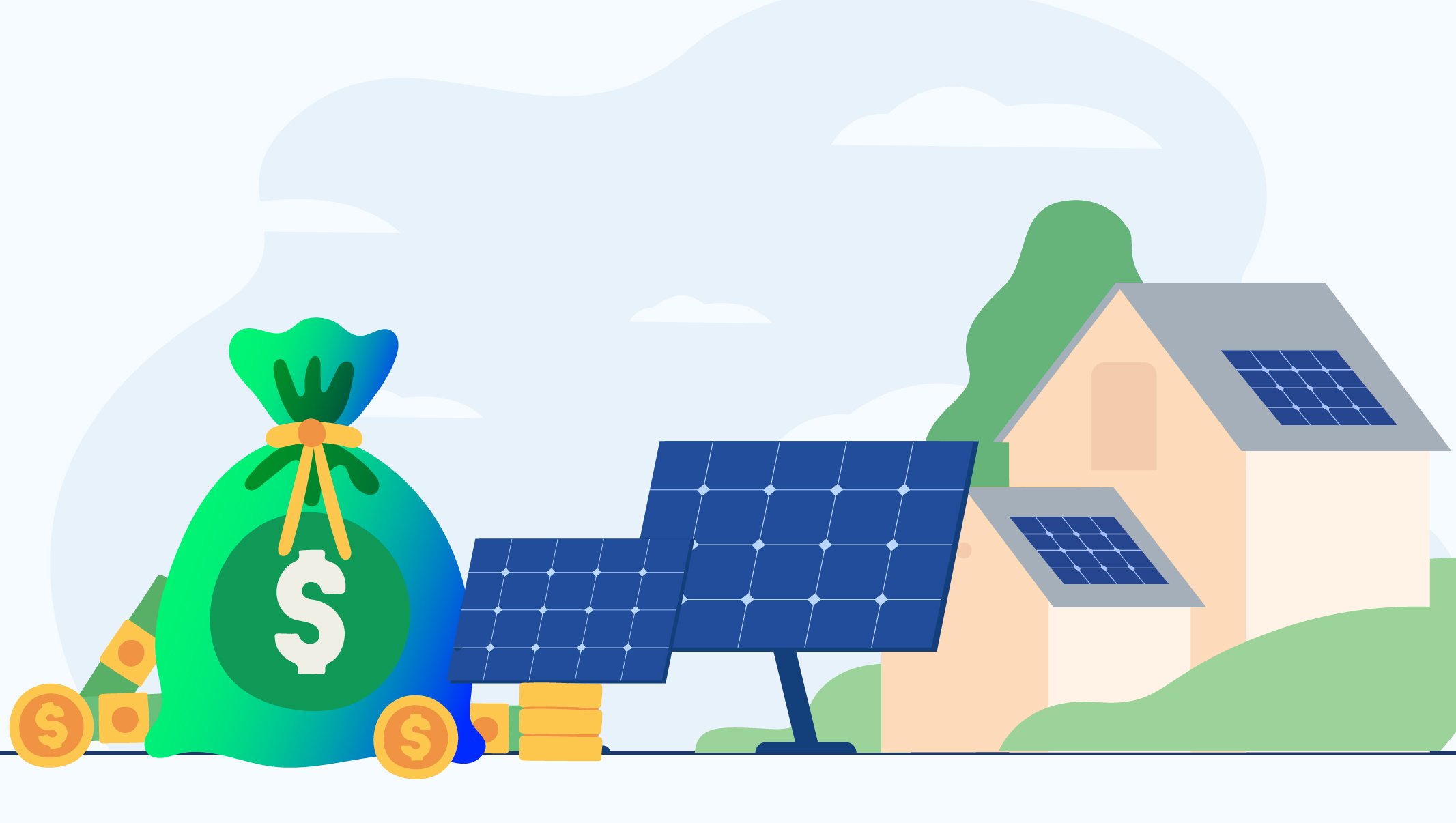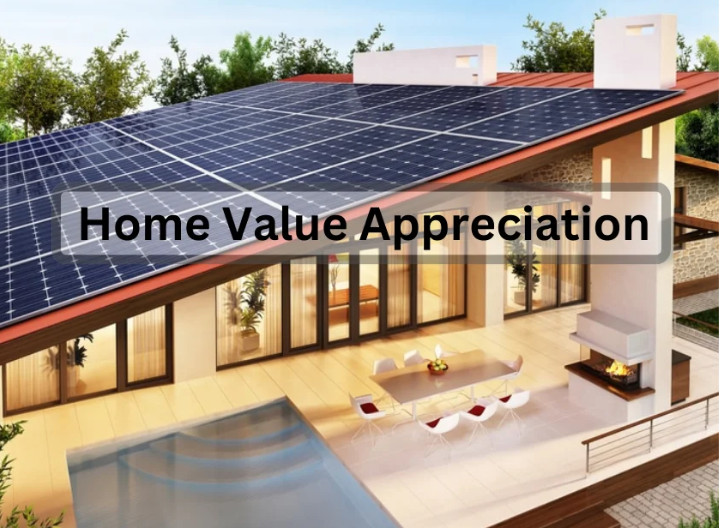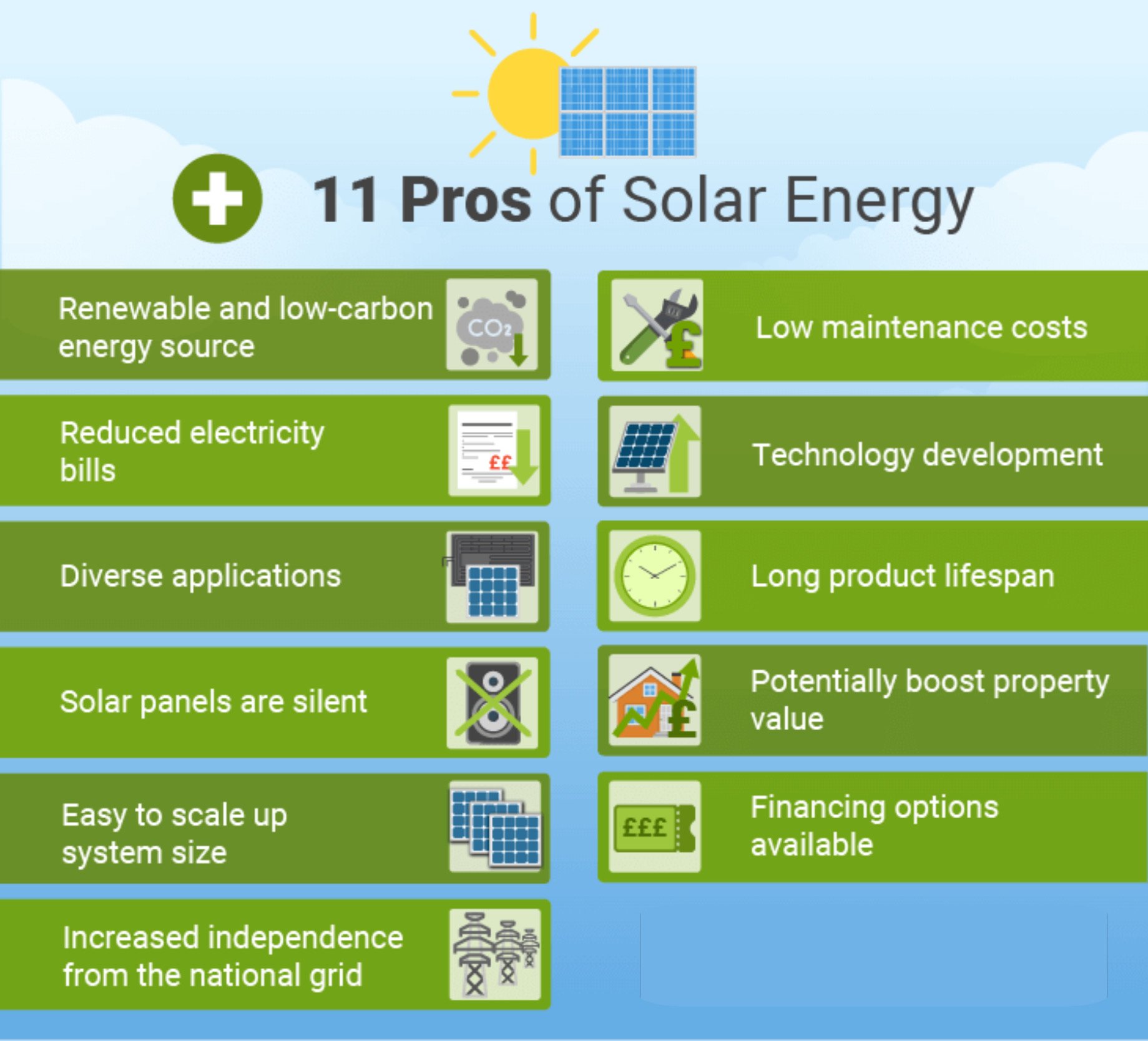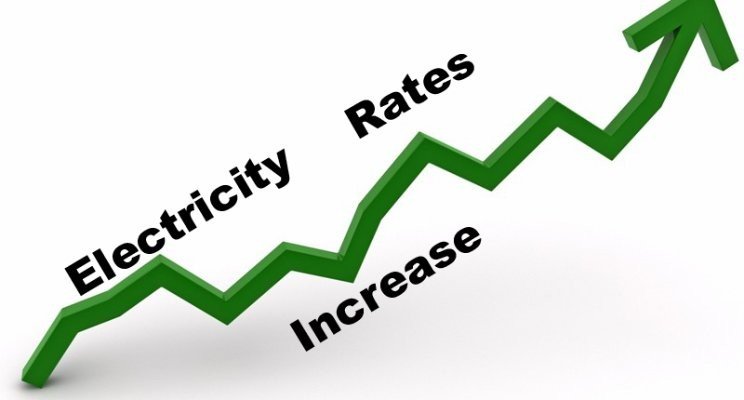Solar panels are great for capturing solar power to run homes and businesses. Still, they're like other technicians, sometimes they need fixing with solar panel repairs. Knowing the usual issues and how to solve them helps keep your solar panel repair system working well.
Broken or Cracked Solar Panels
Solar panels are designed to endure tough weather, but things like major hail storms or falling objects can result in cracks. Once a panel is cracked, water might sneak in, cutting into its efficiency and causing more harm.
Solution: A patch-up job might work on a panel with minor damage. But swapping the damaged panel out is usually your best bet for top performance. Keeping up with inspections helps catch and fix these problems promptly.
Loose or Damaged Wiring
Solar panel systems need good wiring. Wires might get loose over time. This happens from shaking, weather, or a bad set-up. When wires are hurt or show, it may lead to sparks or even fires.
Solution: Make it a habit to inspect the wires for signs of aging or damage. Firmly secure loose links and swap out any frayed cables right away. Bringing in an expert for this job ensures that it's done safely and correctly.
Faulty Inverter
The job of an inventor? It changes the direct current, or DC, that solar panels create into an alternating current. That's what AC stands for. It's used by almost all home gadgets. When the inverter's acting up, guess what? The solar panel system won't work as well. It's just not as efficient.
Solution: Inverters don't last forever, typically giving out after a decade or so. Keeping a close watch and providing routine upkeep can spot problems sooner. It's wise to put money into a top-notch investment to lessen the odds of repeated breakdowns.
Decreased Output Over Time
Solar panels wear out gradually, leading to reduced energy production. This process is generally slow, yet it can speed up due to a lack of care or harsh weather.
Solution: Make your pants sparkle! Regular cleaning gets rid of dust, dirt, and those pesky bird droppings. Keep your panels efficient! Look out for trees or building shadows that could block your sun. Periodic checks by an expert can catch any damage before it gets too bad.
Water Damage
Water damage can occur if the panels are not properly sealed or if there is damage to the panel itself. The water ingress can cause short circuits and reduce the system's efficiency.
Solution: Ensure that all seals are intact and in good condition. Replace any damaged seals immediately with solar panel repairs. Regular inspections, especially after heavy rains or storms, can help in detecting water damage early.
Poor Installation
Improper installation can lead to a myriad of problems, including poor energy output, damage to the panels, and increased wear and tear on the system.
Solution: Always hire certified professionals for installation. They follow industry standards and ensure that the system is set up correctly. If you suspect poor installation, get a professional to inspect and rectify any issues.
Inadequate Ventilation
Solar panels need proper ventilation to avoid overheating, which can reduce their efficiency and lifespan. Poorly ventilated panels can experience heat buildup, leading to reduced performance.
Solution: Ensure that there is adequate space between the roof and the panels for air circulation. Regularly check for any obstructions that could impede airflow with solar panel repairs.
Shading Issues
Even partial shading from trees, buildings, or other objects can significantly reduce the efficiency of a solar panel system. Shade on just one part of a panel can reduce the output of the entire system.
Solution: Regularly trim trees and remove any obstacles that might cast shadows on the panels. During installation, place panels in an area that receives maximum sunlight throughout the day.
Animal Damage
Birds, squirrels, and other animals can cause significant damage to solar panel repairs. They might chew through wires, build nests under the panels, or scratch the surface.
Solution: Use protective measures such as bird netting and squirrel guards to keep animals away from your panels. Regular solar panel repairs can help in identifying and mitigating animal damage early.
Snow and Ice Accumulation
In colder climates, snow and ice can accumulate on solar panel repairs, blocking sunlight and reducing energy output. Prolonged accumulation can also cause physical damage to the panels.
Solution: Install solar panel snow guards to prevent snow from sliding off and damaging the panels. In cases of heavy snowfall, carefully remove the snow using a soft brush. Regular maintenance during winter months is crucial for ensuring optimal performance.
Solar Maintenance Services in South Carolina
Keep your solar panels in prime shape, it is time for peak performance. Solar maintenance services in South Carolina can help with regular cleaning, inspections, and repairs. Such services keep your system at its best, boosting its lifespan and your investment rewards. They can catch potential issues before they turn into big headaches. They give all-around services, like looking over the wiring, scouting the panels for harm, and checking that the inverter's working right. By putting money into pro-maintenance, your solar panels will give you steady power for many years.
Solar Repair Services in South Carolina
If something goes wrong, it's crucial to fix it quickly. Solar repair services in South Carolina know just how to tackle any system dilemmas you face. Need to change a broken pane? How do you handle a loose wire? Sort out inveterate glitches. Trust these pros to get your system back on track quickly. Their help doesn't stop at fixing what's wrong now. They step in to stop problems before they start. Keep-ups and speedy fixes amp up how well and for how long your solar panel system works.
Is Your Solar Panel System Underperforming?
Don't let minor issues turn into costly repairs! Keep your solar panels running at peak efficiency with our expert Solar Maintenance Services. We provide comprehensive inspections, cleaning, and repair solutions to ensure your system delivers optimal performance year-round. From checking the wiring and inverter to addressing shading issues and animal damage, we've got you covered. Trust our professionals to safeguard your investment and maximize your energy savings.
Ready to enhance the efficiency and longevity of your solar panel system?



































